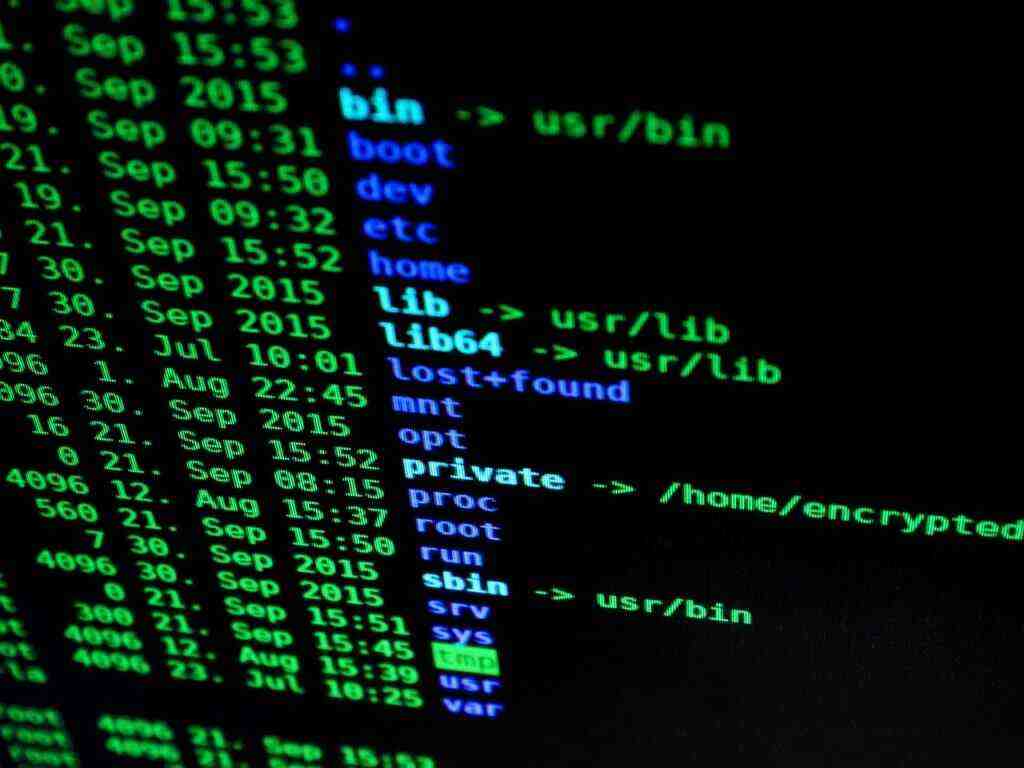Iowa Senators Express Privacy Concerns Over Police Investigation into Student-Athlete Sports Betting
Introduction
In the midst of a burgeoning sports betting landscape, Iowa lawmakers have found themselves grappling with a contentious issue: the intersection of privacy rights and law enforcement investigations. The catalyst for this debate is a police probe that has ensnared student-athletes from the University of Iowa and Iowa State University in an alleged sports betting ring. As the case unfolds, concerns are mounting over the potential violation of these students’ privacy, prompting two Iowa state senators to speak out against the investigation’s methods.
Concerns Raised by Senator Janet Petersen
Leading the charge against the investigation is Democratic Senator Janet Petersen of Des Moines. Senator Petersen has expressed dismay over the tactics employed by the Iowa Division of Criminal Investigation (DCI), particularly the use of geofencing technology to monitor dormitories on state campuses. She questions the approval process and oversight of the investigation, emphasizing the need to safeguard students’ privacy rights. Senator Petersen’s vocal opposition has brought the issue to the forefront of public discourse, sparking a debate about the appropriate balance between law enforcement and individual liberties.
Senator Dan Dawson’s Response
Republican Senator Dan Dawson, while acknowledging Senator Petersen’s concerns about privacy, has defended the DCI’s involvement in investigating gaming activities. Senator Dawson emphasizes the importance of studying gaming laws and ensuring safe gaming within the parameters set by the legislature. He cautions against promoting unrestricted gambling and highlights the role of the DCI in regulating gaming activities. Senator Dawson’s stance reflects a more nuanced view, recognizing the need to balance privacy concerns with the responsibility to enforce gaming laws.
Attorney General Brenna Bird’s Position
Iowa Attorney General Brenna Bird has declined to comment on the DCI investigation, stating that the cases were not handled by her office. She directs inquiries to the Department of Public Safety (DPS), indicating a separation of duties and a lack of direct involvement in the matter.
Lack of Comment from Governor Kim Reynolds
Governor Kim Reynolds has remained silent on the allegations against the DCI investigation, despite requests for comment. Her lack of response has fueled speculation and raised questions about her stance on the issue.
Allegations Against the DCI Investigation
Adding further complexity to the situation are recent court filings that have raised serious allegations against the DCI investigation. One filing claims that DCI officials misled their own agents to push forward the controversial investigation into online gambling at the two universities. Another filing accuses an Iowa law enforcement agent of acting independently, conducting an unauthorized probe of online betting activity within a college dorm without a warrant and against the directives of supervisors. These allegations have cast a shadow over the investigation, raising concerns about the integrity of the evidence and the methods used to gather it.
Conclusion
The concerns raised by Iowa state senators underscore the ongoing debate surrounding privacy rights and law enforcement investigations. The allegations against the DCI investigation have added further complexity to the situation, prompting calls for transparency and accountability. As the case progresses, it remains to be seen how these concerns will be addressed and what implications they may have for future investigations and the protection of citizens’ privacy rights.
Call to Action
The intersection of privacy rights and law enforcement is a complex and evolving issue, with no easy answers. As the Iowa senators’ concerns illustrate, it is crucial to strike a delicate balance between the need for effective law enforcement and the protection of individual liberties. It is essential to engage in thoughtful discussions and debates to ensure that the rights of all citizens are upheld.
